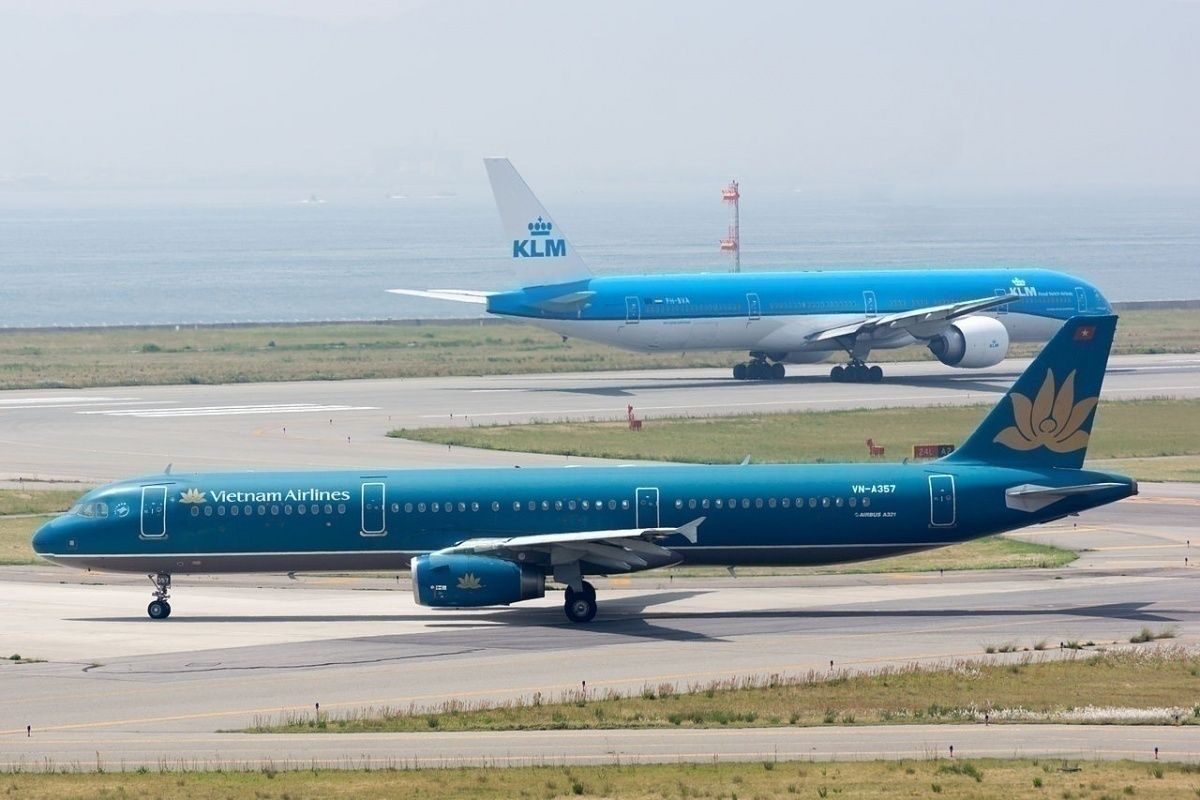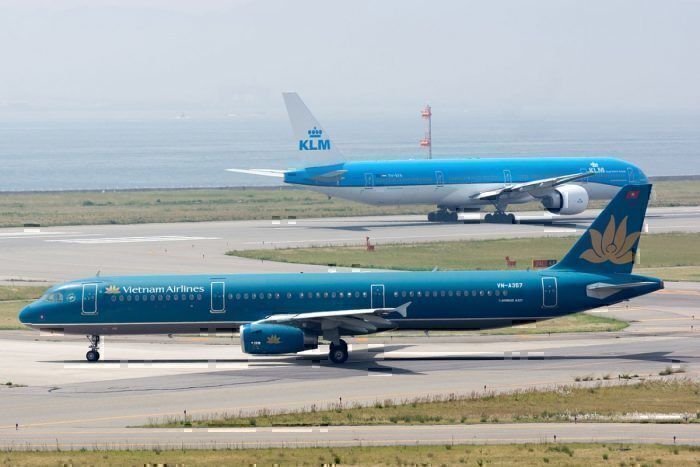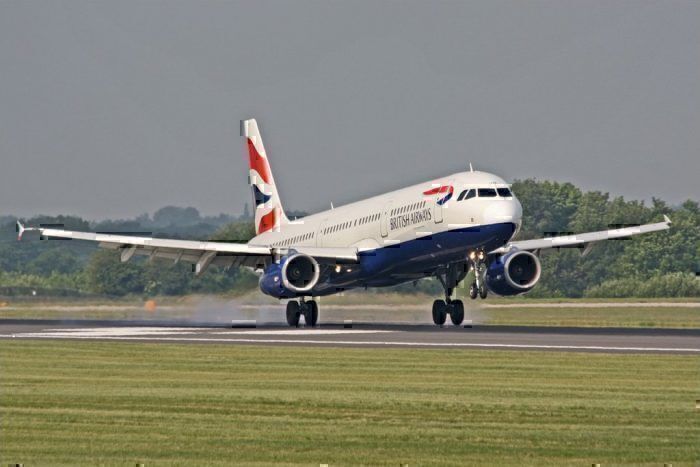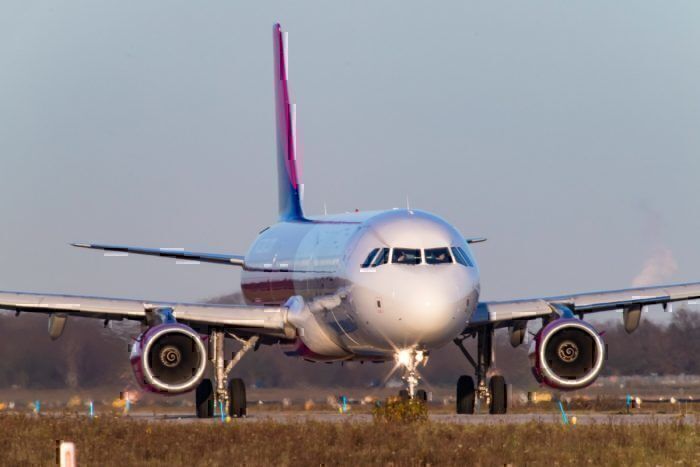The United States Federal Aviation Administration (FAA) is ordering A320-family operators to perform urgent maintenance and inspections on their aircraft. The order stems from an incident that took place on March 18th involving a Vietnam Airlines Airbus A321. The aircraft aborted its take-off from Ho Chi Minh City.
The trigger incident
The order comes after a Vietnam Airlines A321 had to abort its take-off from Ho Chi Minh City airport on March 18th. FlightGlobal reports that the incident had one of the aircraft's engines suffer a high-pressure turbine first-stage disk failure.
Simple Flying actually reported on the incident. However, at the time the incident was reported to be a burst tire resulting in a grass fire. Columns of smoke were observed rising from the runway area, and a raft of fire engines were dispatched to deal with the blaze. The flight, number VN920, was due to depart for Phnom Pehn in Cambodia.
Vietnam Airlines’ Director of Aviation Dinh Viet Thang told Vietnamese media that no passengers or crew members were injured in the incident. When it was safe to approach the aircraft, a tug took it back to the apron where all passengers were able to disembark safely.
The emergency airworthiness directive
Conclusion
The Airbus A320 family of aircraft have been some of the most popular and best selling in the world. However, this won't affect all airlines as the AD pertains to a small list of serial numbers. Additionally, the A320 family of aircraft has multiple engine options. For example, the A321-200 is powered by either CFM International CFM56-5 or the International Aero Engines (IAE) V2500 engine.
Under more "normal" circumstances, this emergency airworthiness directive may cause an inconvenience to airline schedules and aircraft availability. However, in this current climate of reduced air travel, airlines should have no problem carrying out the orders outlined by the FAA.




